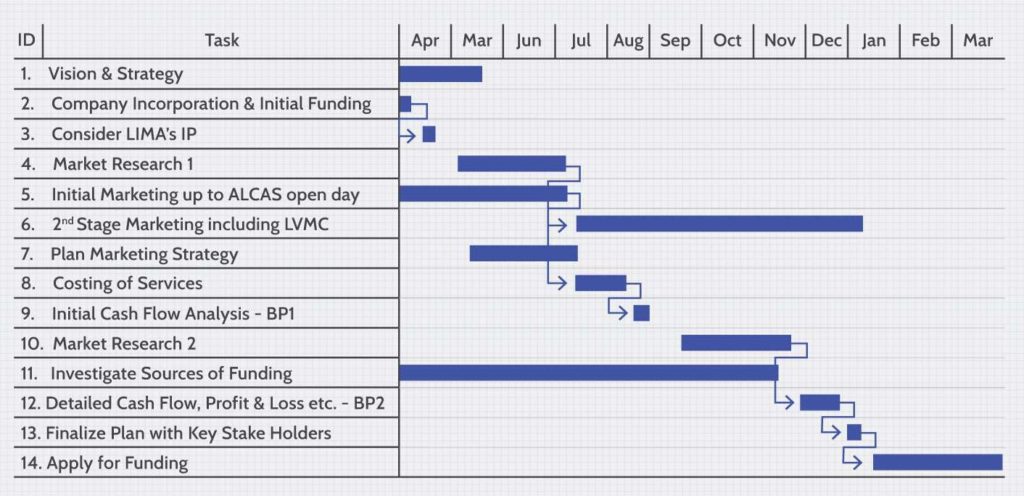Civil engineering is a complex industry in which the quality of work often relies upon a secure financial footing. A performance bond, a type of surety bond, is an invaluable tool for civil engineers to ensure their projects and services are adequately funded, protecting the financial standing of their operations.
When working on a civil engineering project, there are often many different financial backers involved. To protect the interests of all of the parties involved, a performance bond is often required. This type of surety bond essentially acts as a guarantee that the contractor will complete the project as specified, and that any damages caused by the work will be covered by the bond.
What is a Performance Bond
The performance bond is also called performance security, contract bond, and performance guarantee.
The performance bond could be a surety bond issued by an insurance company or bank guarantee.
Generally, the performance bond is 10% of the contract sum. However, this may be varied with the type of contract. This is a kind of guarantee that the employer can claim in the case of nonperformance of the contractor.
Some of the important aspects of performance bonds are as follows.
- It protects the client from getting the expected service from the contractor. With the submission of the performance security, the contractor becomes binding to perform as agreed.
- It reduces the risk to the employer, developer, investor, etc.
- There may be instances where the bond issuer may not be ready to pay the claim
- The performance guarantee causes additional costs to the contractor. That could be transferred to the employer by some other means.
- Bond shall be valid till the completion of the project.

Other Important aspects of Performance Security
The process of obtaining a performance bond in construction can be fairly complex, as there are often many different financial backers involved in a civil engineering project. To obtain a bond, the contractor must first submit a detailed application to the surety company. This application must include information on the contractor’s experience, the scope of work to be performed, and the financial standing of the engineer’s business. Once the surety company has reviewed the application, they will determine whether or not to provide the bond.
It is important to select the right performance bond when working on a civil engineering project. The bond should be for the right amount, and it should be backed by a reputable surety company. Furthermore, civil engineers should make sure that they understand the terms and conditions of the bond before signing it.
A performance bond in construction is an important tool for civil engineers,
All engineering projects come with risks. But when you’re working on something as important as a bridge or a dam, the potential consequences of something going wrong are much higher. That’s why performance bonds are such an important part of civil engineering.
A performance bond is a type of surety bond. It’s essentially a guarantee from a surety company that the engineer will complete the project as specified, and that any damages caused by the work will be covered by the bond.


